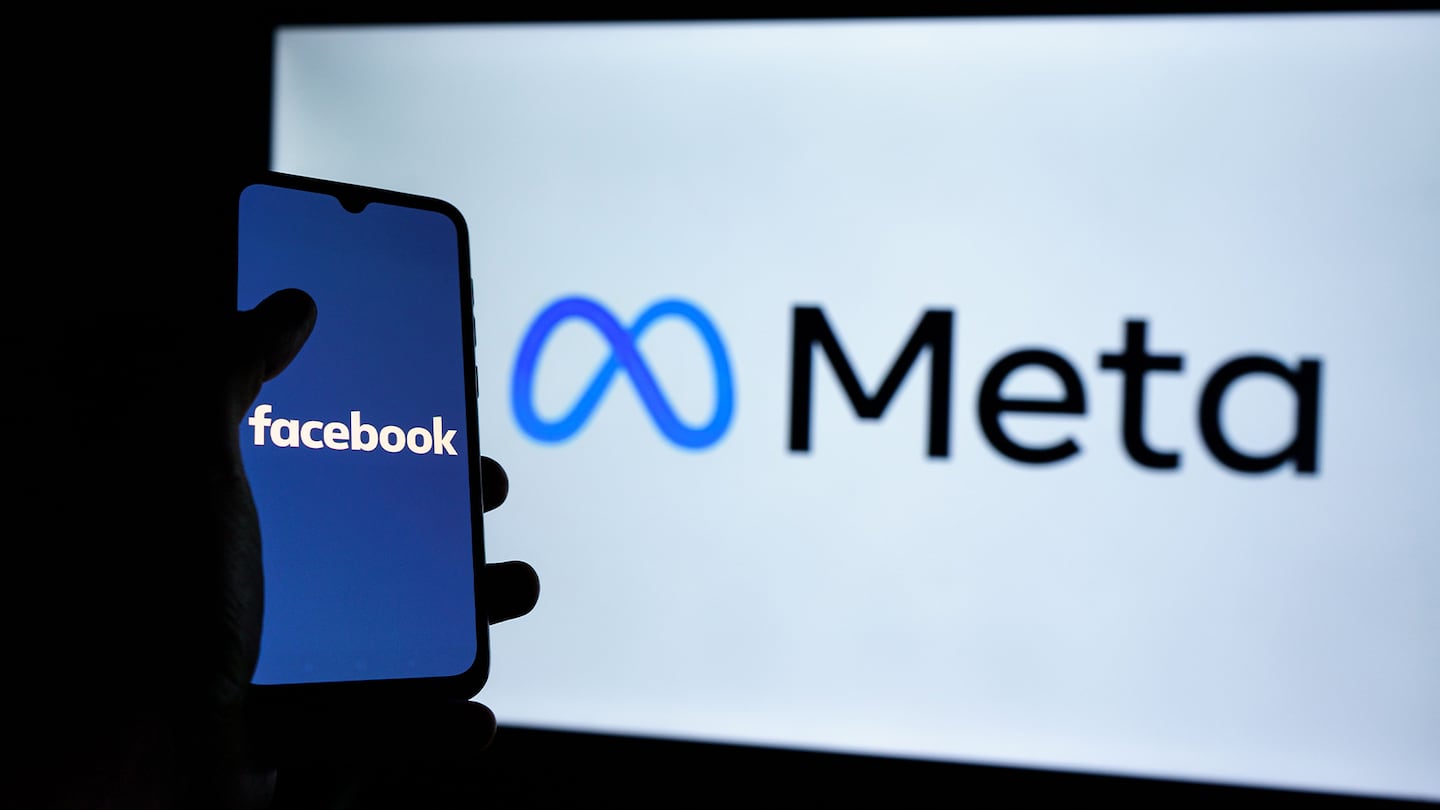
The Business of Fashion
Agenda-setting intelligence, analysis and advice for the global fashion community.

Agenda-setting intelligence, analysis and advice for the global fashion community.

Meta soared past analyst expectations in its third-quarter earnings report, solidifying investor confidence that the previously embattled tech company is out of the woods after several volatile years. CEO Mark Zuckerberg said the company enjoyed its “highest operating margin in two years.”
The company reported a third-quarter revenue of $34.15 billion, beating the expected $33.56 billion, up 23 percent year-over-year. Shares jumped in after-hours trading, with results boosting investor confidence after Meta spent several years in volatility as it attempted to restructure its business model and expand beyond the social media products it built its empire upon. That said, advertising remains its primary revenue driver.
Zuckerberg said overall time spent on Facebook increased by 7 percent, and time spent on Instagram went up 6 percent “as a result of recommendation improvements” because of the company’s increased emphasis on algorithmic recommendation of content to users.
Reels, Meta’s short-form video platform, has driven a 40 percent increase in time spent on Instagram since its launch and “continues to do very well,” Zuckerberg said, adding that he expected conversations with businesses, likely facilitated by AI, to be “the next pillar of our business”.
ADVERTISEMENT
Like many companies in the tech space, Meta has scrambled to jump onto the booming artificial intelligence trend, focusing strongly on AI tools in recent earnings reports. Meta’s strong report shows those efforts are paying off, said Jesse Cohen, senior analyst at Investing.com, who added that it was “a blowout quarter” for the tech firm.
“Not only did Meta exceed expectations for both earnings per share and revenue, but it did so by a wide margin, as the social media company reaps the benefits of its expanding user base, growing adoption of reels and fresh AI initiatives,” he said.
The report marks Meta’s most profitable quarter in years, and comes after the two previous quarter reports posted better-than-expected results. It comes just a day after Meta, which owns Instagram, Facebook and WhatsApp, was hit with a massive lawsuit on Tuesday by attorneys general of 41 states. The states are suing the company over its impact on young users, accusing it of harming mental health with the addictive nature of its social media platforms.
The lawsuit is just the latest headwind to face Meta, as the company has struggled with its core advertising business amid a broader economic downturn and struggles to retain users jumping ship for newer platforms like TikTok. Investors also have expressed concerns about Meta’s ability to navigate the impact of massive privacy changes implemented by Apple in 2021, which threatened Meta’s core advertising business by limiting the amount of data it can collect on users.
Meta has attempted to manage these ongoing struggles by pivoting away from social media, dumping billions of dollars of funding into the metaverse, its virtual reality product. Reality Labs, the segment responsible for developing its virtual reality products, faced losses of $3.7 billion in the third quarter and has lost more than $21 billion since the start of last year.
Despite those losses, Zuckerberg reiterated his commitment to the project, saying Wednesday that it remains a “major long-term focus.” He said Meta expects operating losses for Reality Labs to “increase meaningfully year-over-year” as it develops more hardware and invests to “further scale the ecosystem.”
In September the company debuted the Quest 3, the latest model of its virtual reality headset. Zuckerberg said on a Wednesday call with investors that “early reviews have been great;” the product retails for $499.
In addition to Quest 3, Meta released a number of new products this quarter, including its Ray-Ban smart glasses, an update to its previous model released in 2021 that has been well-received, and AI studio, which uses artificial intelligence to allow businesses to customize chatbots.
ADVERTISEMENT
The company said in its guidance for the fourth quarter that it anticipates robust revenue, implying that Meta may be stabilizing after a volatile period characterized by mass layoffs and stoking investor confidence.
Zuckerberg said on Wednesday that Meta is facing a “sizable hiring backlog” and plans to increasing hiring in 2024, though its long-term plan is to reduce headcount.
The majority of new hires will be made in line with its goal of increasing investment in artificial intelligence, said the Meta chief financial officer, Susan Li, on the call. The company anticipates an increase in payroll expenses as it “continue[s] to shift our workforce composition toward higher-cost technical roles,” she said.
There was little mention of Threads, the Twitter competitor Meta launched earlier this year. The app initially amassed 100m sign-ups within days, but has faced questions over its long-term viability. Zuckerberg said that Threads has “just under” 100m monthly active users, and that it has “a good chance” of hitting the company’s goal of 1bn users in “a few more years.”
By Kari Paul
Learn more:
Meta Sued By Dozens of US States Over Alleged Harmful Youth Marketing
The nature of livestream transactions makes it hard to identify and weed out counterfeits and fakes despite growth of new technologies aimed at detecting infringement.
The extraordinary expectations placed on the technology have set it up for the inevitable comedown. But that’s when the real work of seeing whether it can be truly transformative begins.
Successful social media acquisitions require keeping both talent and technology in place. Neither is likely to happen in a deal for the Chinese app, writes Dave Lee.
TikTok’s first time sponsoring the glitzy event comes just as the US effectively deemed the company a national security threat under its current ownership, raising complications for Condé Nast and the gala’s other organisers.